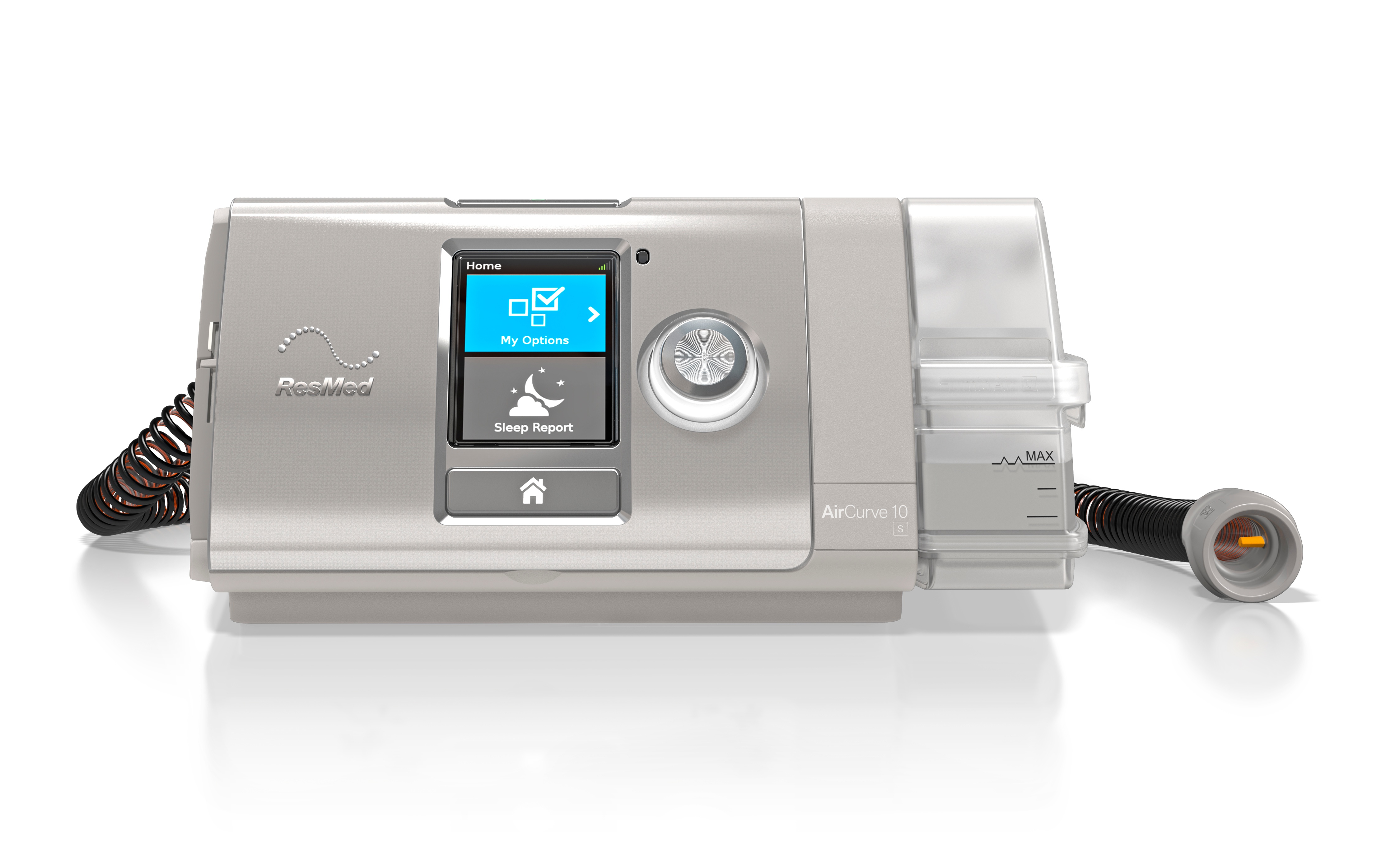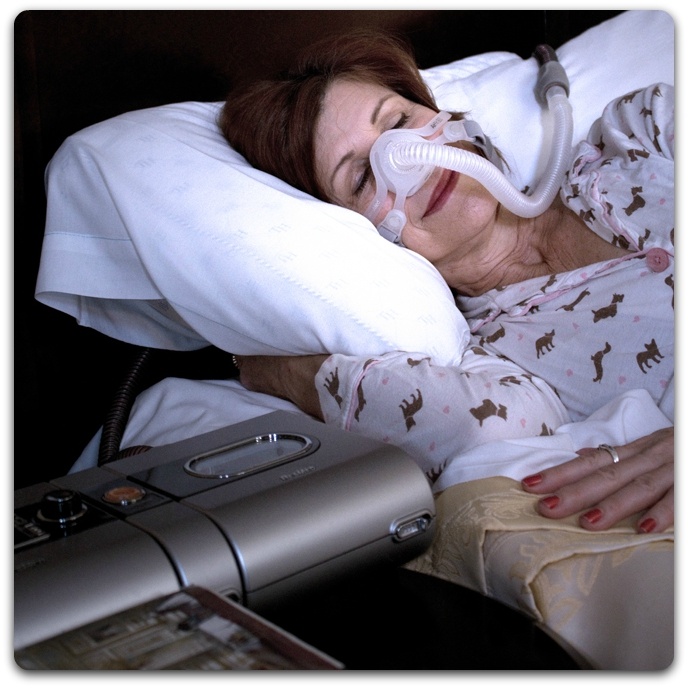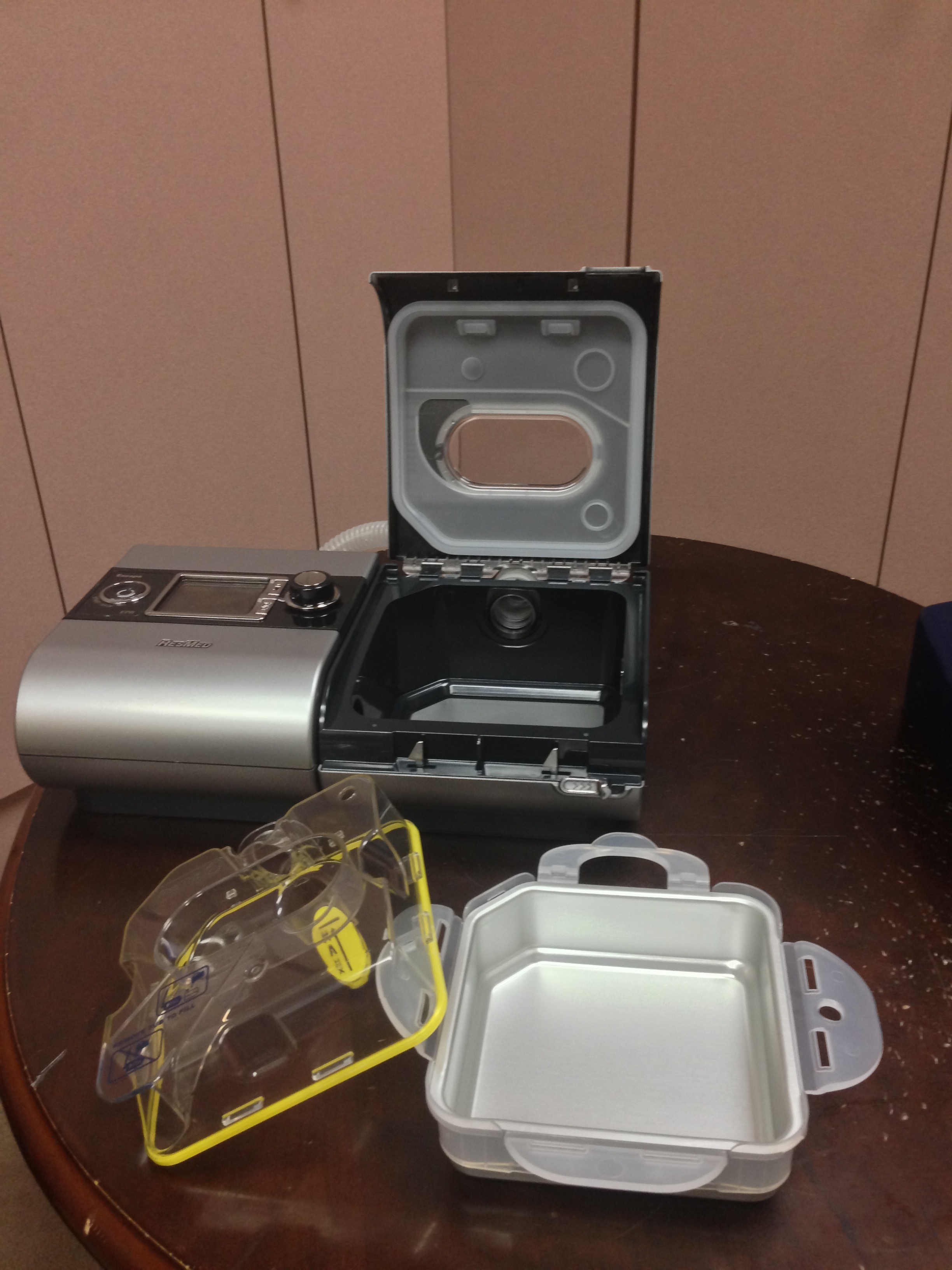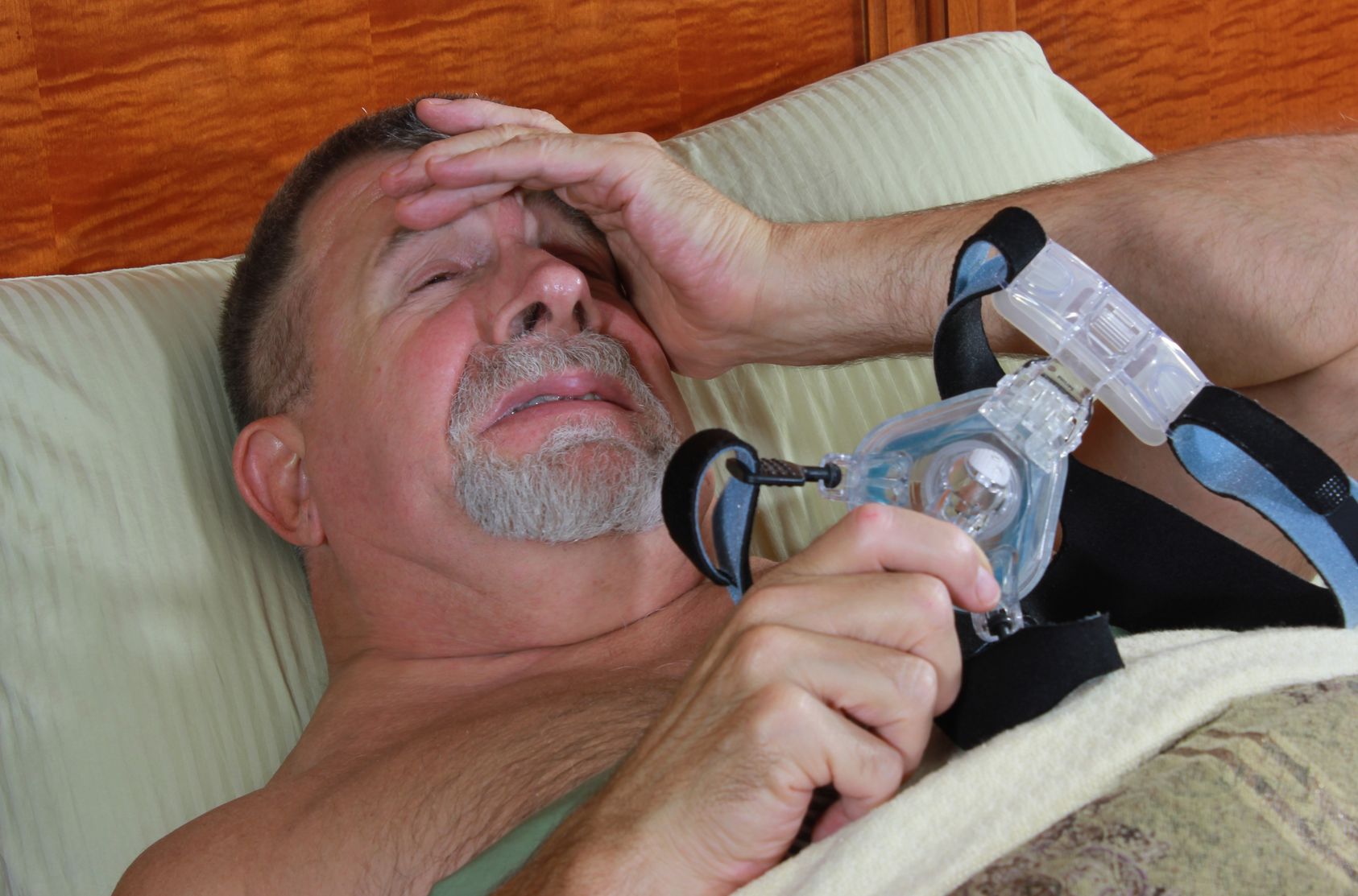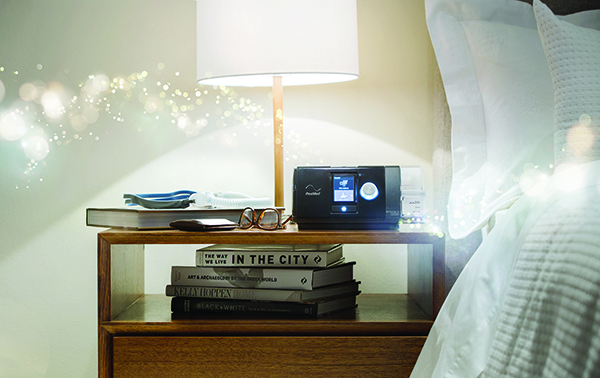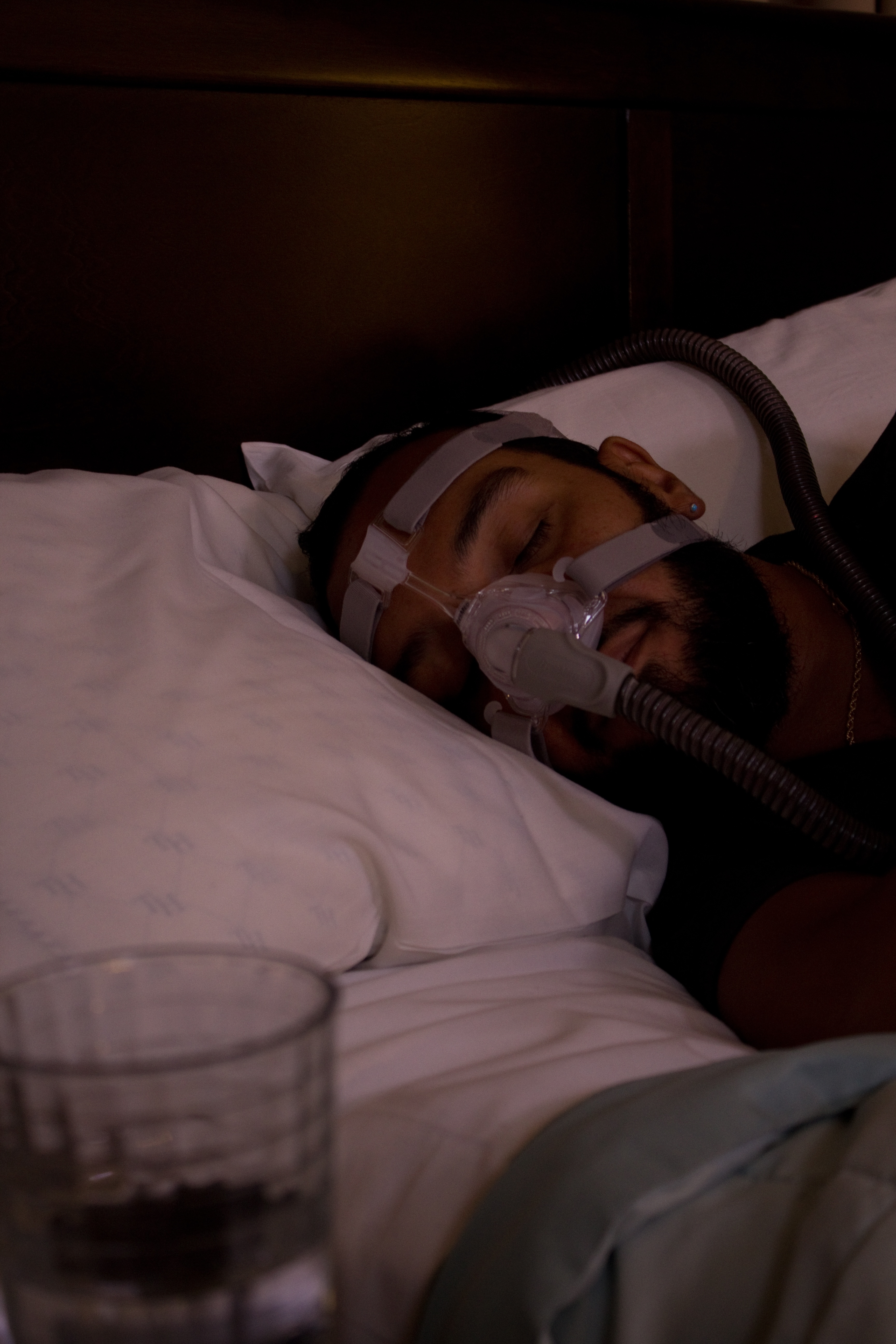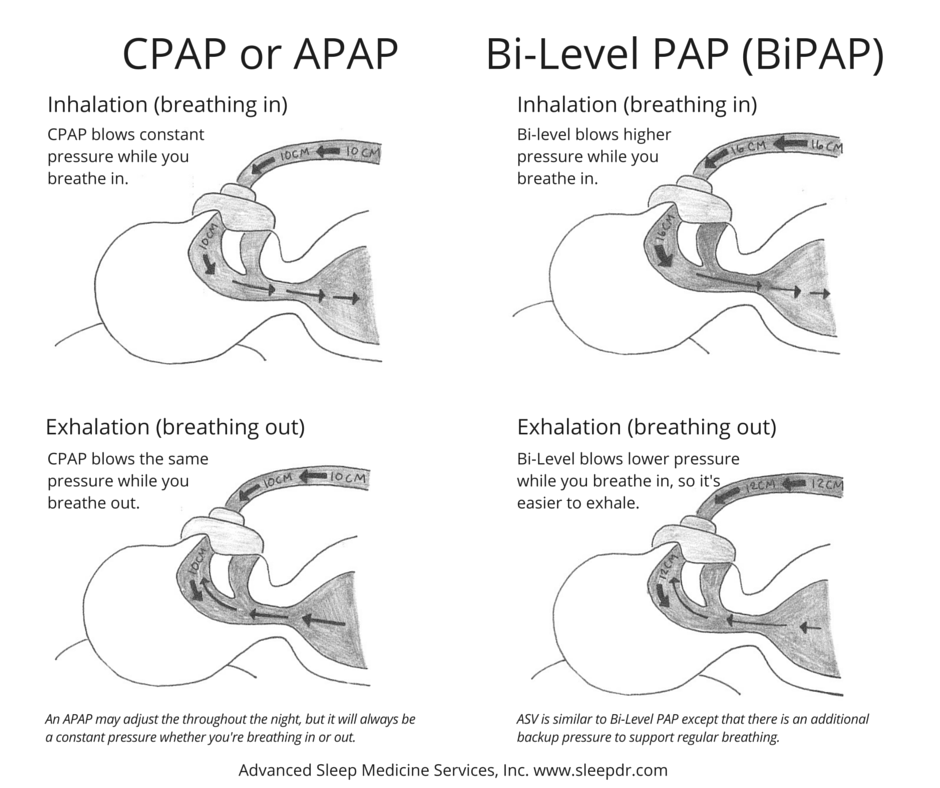1. You don't have health insurance.
This is a no-brainer. If you don't have health insurance, but have sleep apnea, you will need to pay cash for your machine and supplies.
If you're having a hard time making ends meet, check out the organizations listed in this post that offer free or low-cost CPAP and supplies.
2. You have a high deductible health plan.
Many Americans now have higher deductibles to meet before their health insurance benefits kick in (check out our guide for understanding your health insurance here). While we understand that having a higher deductible usually means lower monthly premiums and that some benefits, like preventative care, are covered before you meet your deductible, almost all plans require you meet your entire individual or family deductible before CPAP and supplies, or sleep studies, are covered. Especially at the beginning of the year, this can mean paying entirely out of pocket for your new CPAP and supplies.
Even if you have insurance, you may prefer to shop online and pay cash for CPAP and supplies. While most online suppliers will not bill your health insurance (most of them aren't contracted with any insurances at all) some will and many will provide you with a list of codes so that you can submit the bill to your insurance. While you won't receive anything back from your insurance, you will receive "credit" towards your deductible. Especially if you or another family members expects to use your insurance throughout the year, you want to make sure every dollar you spend out of pocket is counted towards your deductible (learn about in-network vs. out-of-network deductibles and coverage differences here).
You should also consider using your HSA (health savings account) or FSA (flexible spending account) funds to pay for CPAP and supplies online. Save your receipts!

